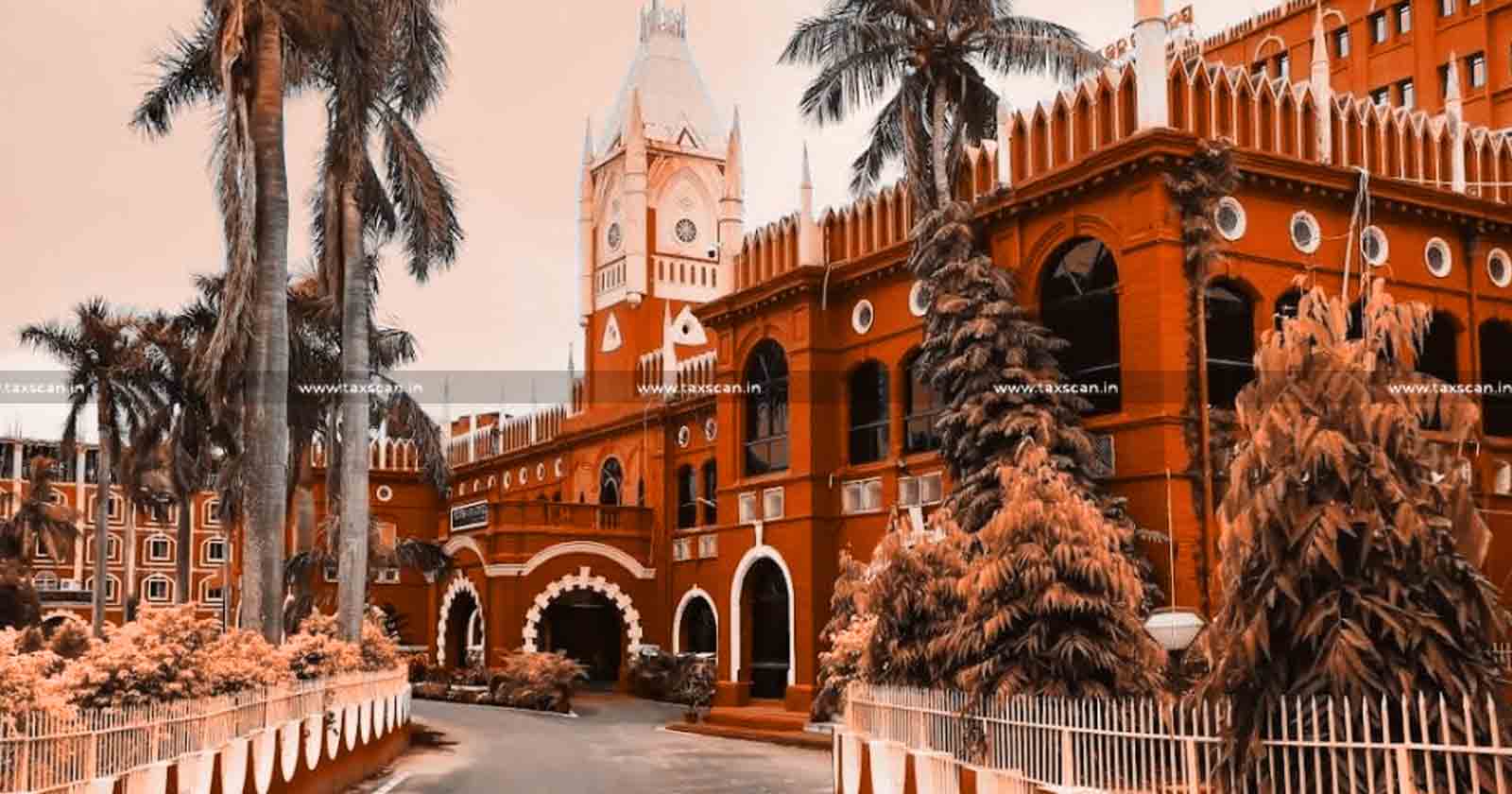Levy of TC Tax on possession and registration of Vehicles through Instruction is Ultra-vires to OMVT Act: Orissa HC

In a major decision, the Orissa High Court Division Bench of Chief Justice S Muralidhar and Justice M S Raman has quashed the instruction of the Transport Commissioner-cum-Chariman, State Transport Authority dated 29.03.2016 that directed the Road Transport Officers (RTOs) to collect tax from the manufacturers/dealers of motor vehicles on the total number of vehicles possessed and registered during the year.
The appeal was filed against the judgment dated 18th May 2017 passed by the learned Single Judge in a batch of writ petitions rejecting the challenge made therein to the validity of the circular.
Section 4 of the Odisha Motor Vehicles Taxation (OMVT) Act, 1975 provides that the tax shall be paid in advance to the Taxing Officer “by the registered owner or person having possession or control of the vehicle.”
Section 5 of the OMVT Act specifically deals with a tax that shall be paid in advance at an annual rate “by a manufacturer or dealer in motor vehicles in respect of the vehicles in his possession in the course of his business as such manufacturer or dealer under the authorization of a TC granted under the MV Rules”.
It was observed by the court that the trigger point was the detection by the State Transport Authority that the number of vehicles mentioned in the Trade Certificate of the dealers “is not in conformity with the total number of registration of vehicles made by the dealers.”
Pravakar Behera, Counsel for the State Transport Authority submitted that once a vehicle is in possession in the course of business of a dealer under the authorization of a TC issued under the MV Rules and at the end of twelve months, it was ascertained that the dealer was in possession of vehicles in excess of the number indicated in the TC for which no advance tax had been collected, the dealer was liable to pay tax in consonance with the circular dated 29th March, 2016.
It was also submitted that, accordingly in respect of the balance number of vehicles, the demand notice for payment of tax under Section 5 of the OMVT Act was issued.
The constitutional validity of Section 5 of the Odisha Motor Vehicles Taxation Act, 1975 was also challenged in the appeal.
In the present case, the Division Bench said, “we are only concerned with the scope and ambit of one charging Section viz., Section 5 of the OMVT Act. The ‘taxable event’ in relation to the said charging section has to be ascertained.”
It was observed that, “Section 5 of the OMVT Act is a charging Section and in a taxing statute, it has to be strictly construed.”
In regard to taxability, the court observed that, “the taxable event under Section 5 of the OMVT Act is the possession of vehicles by the dealer under the Trade certificate issued under the MV Rules.”
With the impugned instruction to levy tax in view, it was further observed that, the impugned instruction is ultra vires of the OMVT Act itself. Resultantly, the collection of TC tax and TC fees were directed not to be made in terms of the impugned instruction, but only strictly in accordance with Section 5 of the OMVT Act read with Rule 81 of the MV Rules.
Resultantly, the impugned instruction/circular was set aside.
Considering the plea for refund of the collected fees and taxes, it was held that since there is lack of clarity about whether the burden of tax has shifted to the customers, no refund was to be made by the Motor Vehicles Department.
To Read the full text of the Order CLICK HERE
Support our journalism by subscribing to Taxscan premium. Follow us on Telegram for quick updates
M/s. Sushree Automotives vs State of Odisha and others , 2022 TAXSCAN (HC) 1050 , Mr. Samvit Mohanty , Mr. Pravakar Behera

